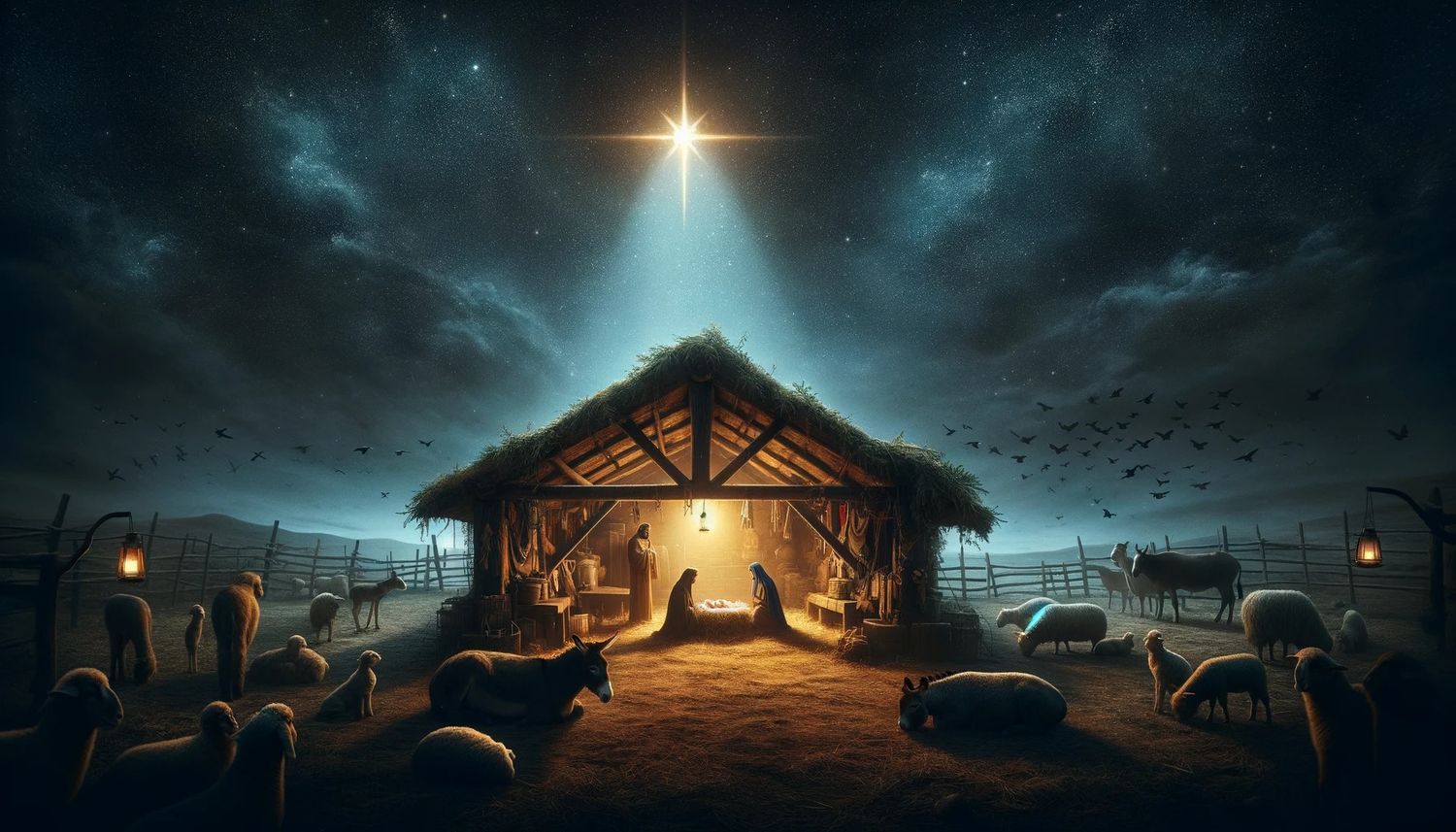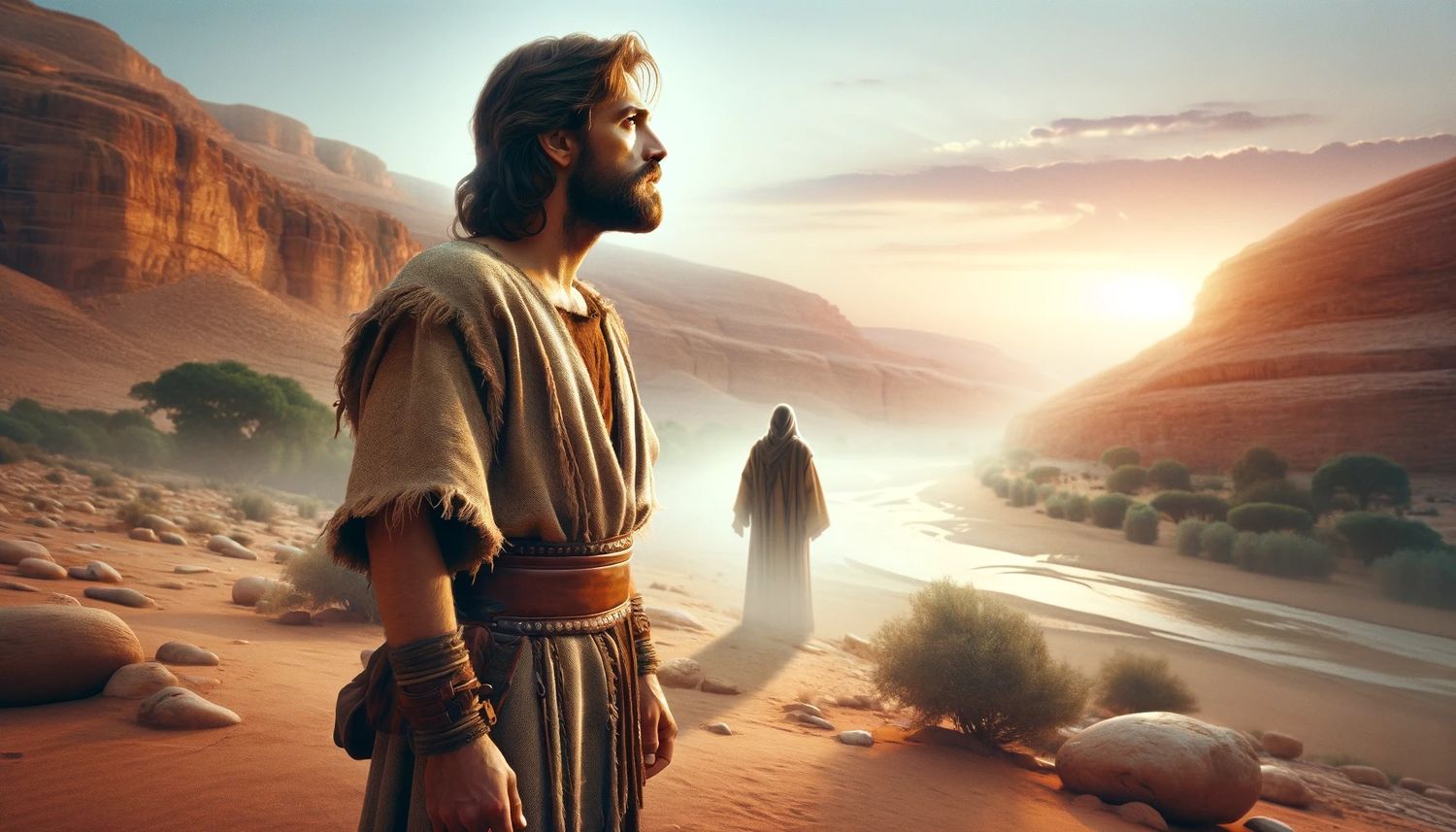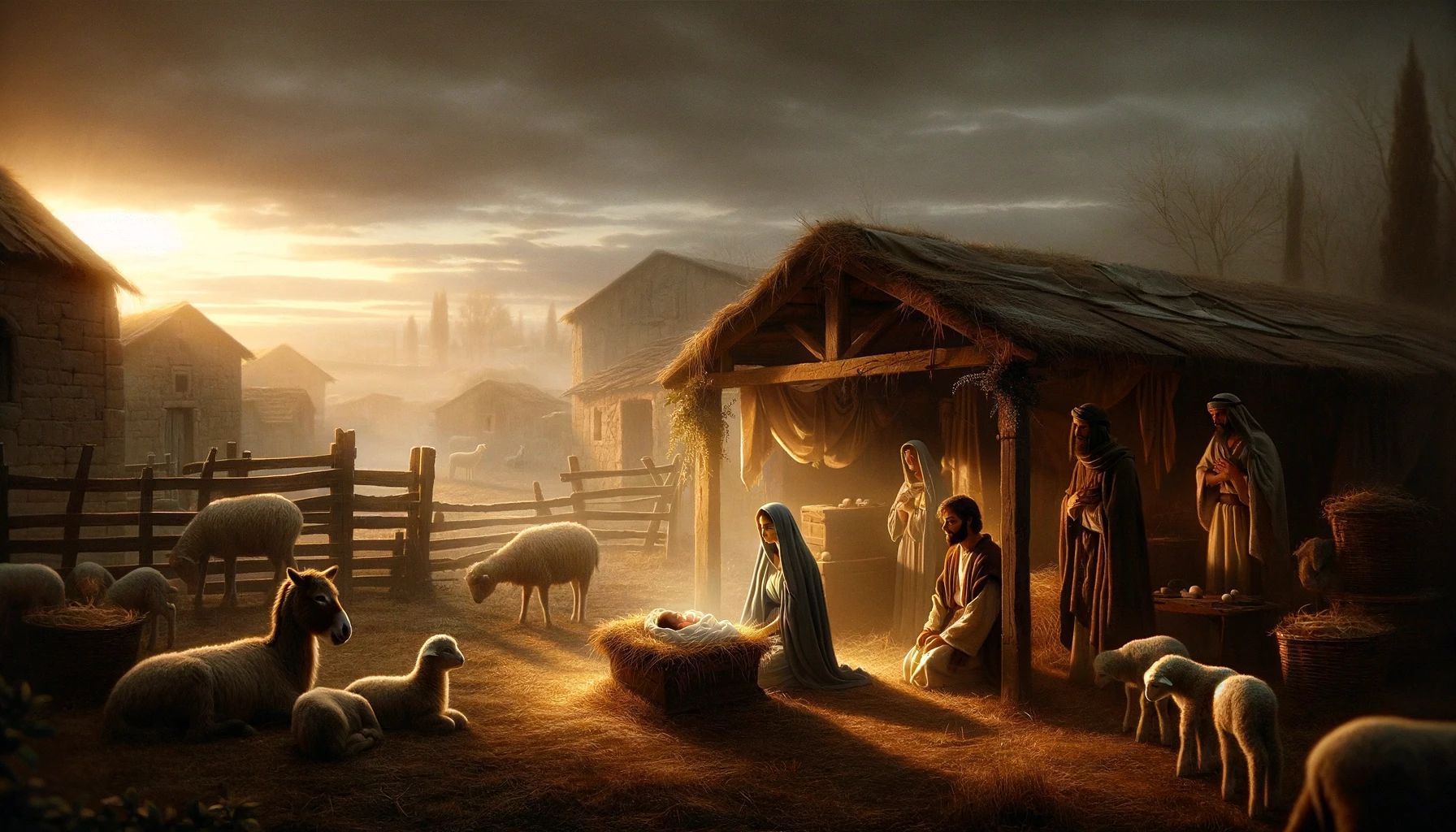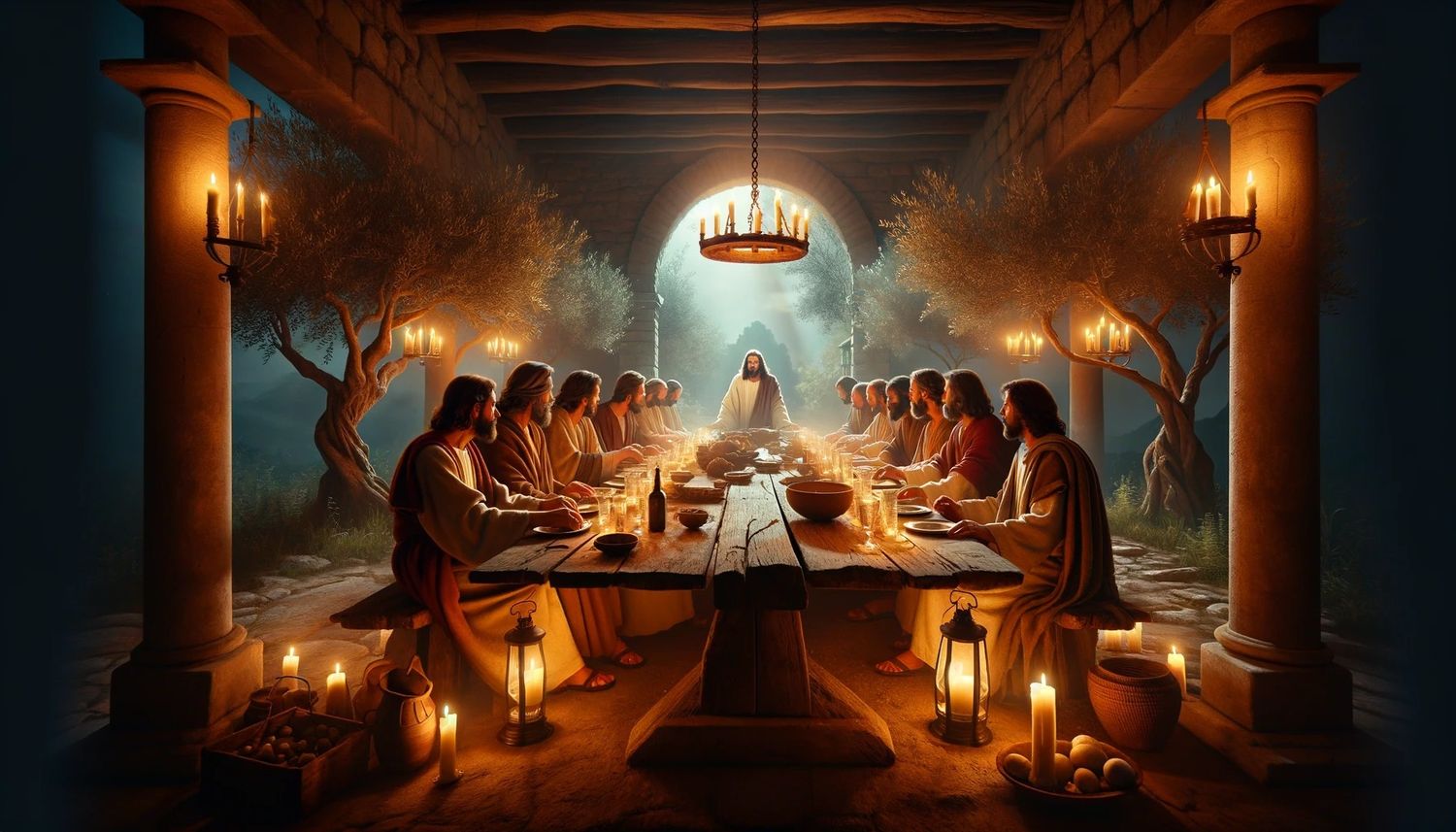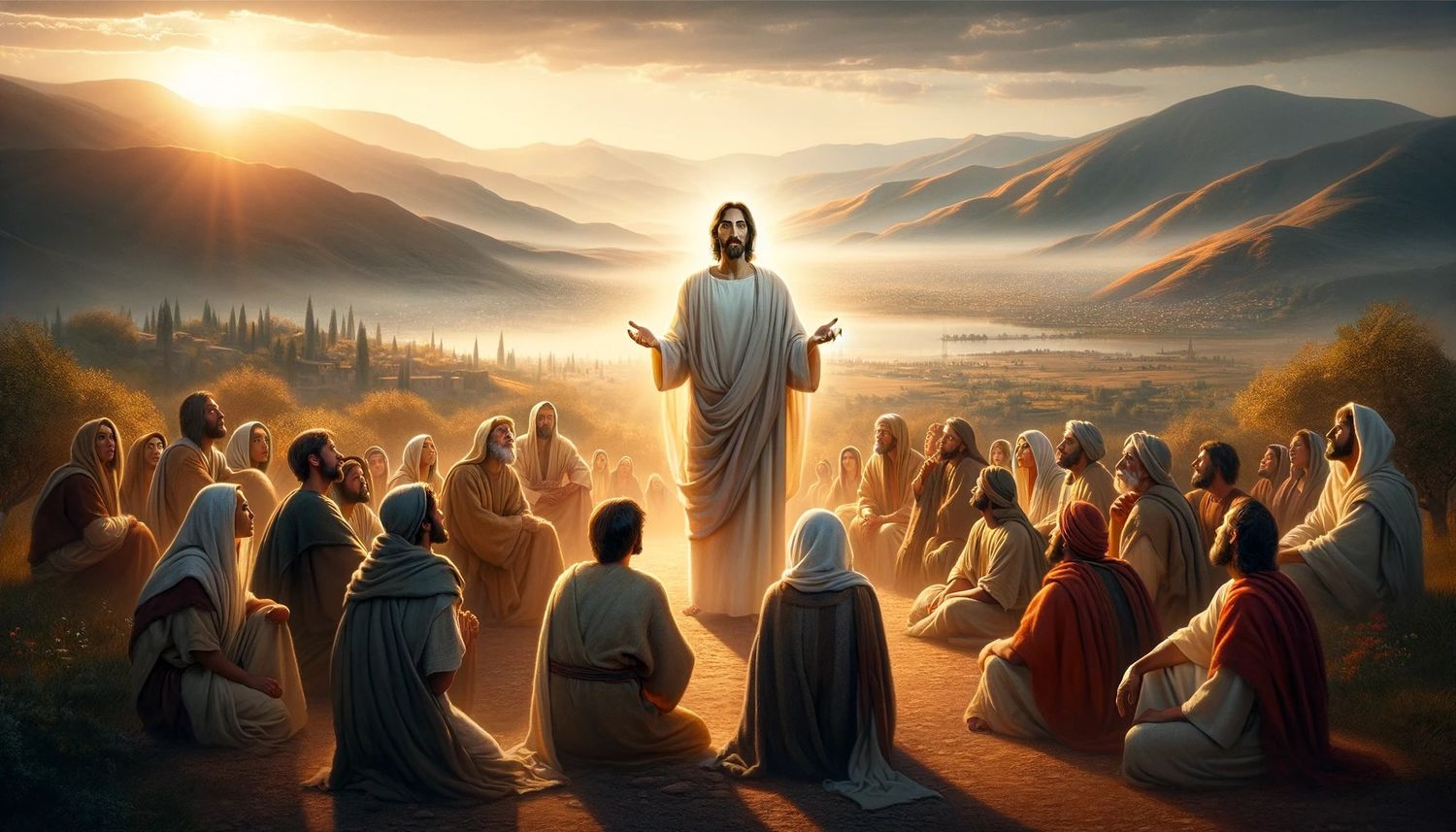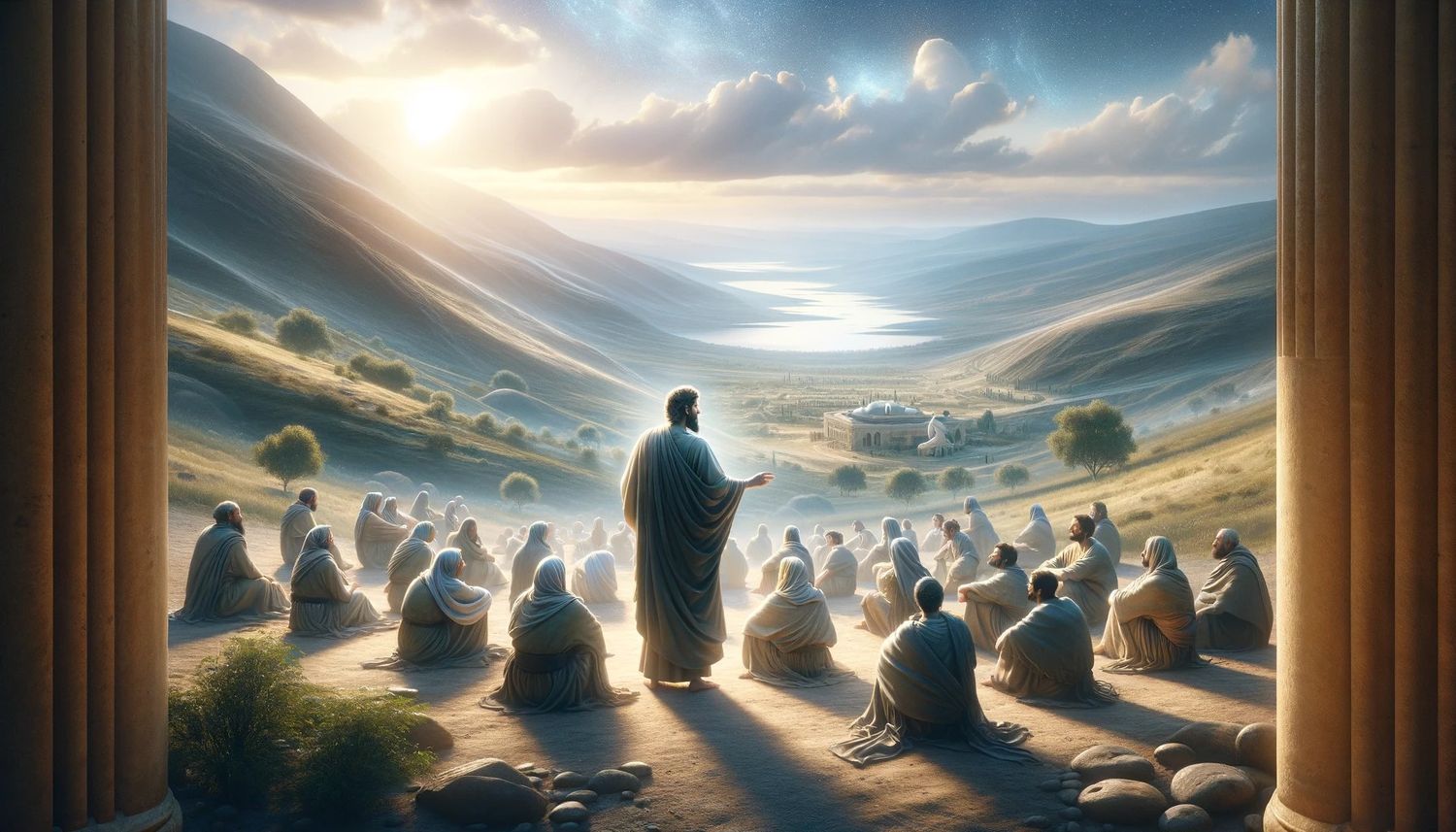Home>Christian Videos>Bible Stories>Which Gospels Do Not Mention Jesus’ Birth


Bible Stories
Which Gospels Do Not Mention Jesus’ Birth
Published: March 5, 2024
Jason DeRose, Managing Editor at Christian.net, uses his expertise in religion and journalism to deepen understanding of faith's societal impacts. His editorial leadership, coupled with a strong academic background, enriches the platform’s diverse content, earning him recognition in both journalism and religious circles.
Discover which gospels do not mention Jesus' birth and explore lesser-known Bible stories. Uncover the hidden narratives of the Bible.
(Many of the links in this article redirect to a specific reviewed product. Your purchase of these products through affiliate links helps to generate commission for Christian.net, at no extra cost. Learn more)
Table of Contents
Introduction
So, you're curious about which Gospels don't mention Jesus' birth? Well, you've come to the right place! The birth of Jesus is a central theme in the Christian faith, but not all of the Gospels in the Bible touch on this significant event. Let's delve into the details of the Gospels that do not include the birth of Jesus, and explore the reasons behind this intriguing omission.
Read more: Which Gospels Mention The Rich Young Man
The Gospel of Mark
The Gospel of Mark is the shortest of the four Gospels in the New Testament. Interestingly, it does not contain any narrative about the birth of Jesus. Instead, it begins with the ministry of John the Baptist and the baptism of Jesus. Mark's Gospel is known for its fast-paced and action-packed style, focusing more on Jesus' teachings and miracles rather than his birth or early life. This Gospel emphasizes Jesus' role as the suffering servant and the Son of God, portraying him as a powerful and enigmatic figure. Mark's Gospel provides a unique perspective on Jesus' life and teachings, offering valuable insights into his mission and purpose on earth.
- Mark’s Gospel does not mention Jesus’ birth.
- It starts with the ministry of John the Baptist and the baptism of Jesus.
- Emphasizes Jesus’ teachings and miracles.
- Portrays Jesus as the suffering servant and the Son of God.
The Gospel of John
The Gospel of John, often referred to as the "spiritual Gospel," is distinct from the synoptic Gospels of Matthew, Mark, and Luke. Unlike the other Gospels, John's account does not include a narrative of Jesus' birth in Bethlehem. Instead, it opens with a profound theological prologue that introduces Jesus as the Word made flesh. John's Gospel focuses on presenting Jesus as the divine Son of God, emphasizing his eternal existence and his role in the creation of the world. This Gospel contains a series of "I am" sayings in which Jesus reveals profound truths about his identity and purpose. John's Gospel also features a strong emphasis on the concept of belief, highlighting the significance of faith in Jesus as the pathway to eternal life. By omitting the birth narrative, the Gospel of John directs attention to the timeless and transcendent nature of Jesus, inviting readers to contemplate the profound mysteries of his divine identity and mission.
- Does not include a narrative of Jesus' birth in Bethlehem.
- Opens with a profound theological prologue.
- Emphasizes Jesus as the divine Son of God.
- Contains a series of "I am" sayings.
- Highlights the significance of faith in Jesus as the pathway to eternal life.
The Gospel of Thomas
The Gospel of Thomas is a fascinating non-canonical text that consists of 114 sayings attributed to Jesus. Unlike the traditional narrative Gospels, the Gospel of Thomas does not contain any stories about Jesus' birth, life, death, or resurrection. Instead, it presents a collection of enigmatic and cryptic sayings that are often open to interpretation. This gospel emphasizes the importance of spiritual insight and self-discovery, portraying Jesus as a wisdom teacher who imparts esoteric knowledge to his disciples. The sayings in the Gospel of Thomas encourage introspection and inner transformation, inviting readers to seek a deeper understanding of themselves and the divine. This text provides a unique perspective on the teachings of Jesus, focusing on the timeless wisdom and spiritual truths that transcend historical events. The Gospel of Thomas offers a thought-provoking glimpse into the mystical and contemplative aspects of Jesus' message, challenging readers to explore the depths of their spiritual consciousness.
- Does not contain any stories about Jesus' birth, life, death, or resurrection.
- Presents a collection of enigmatic and cryptic sayings.
- Emphasizes the importance of spiritual insight and self-discovery.
- Portrays Jesus as a wisdom teacher imparting esoteric knowledge.
- Encourages introspection and inner transformation.
The Gospel of Peter
The Gospel of Peter is a non-canonical gospel that offers a unique perspective on the events surrounding the crucifixion and resurrection of Jesus. Unlike the canonical Gospels, the Gospel of Peter does not provide an account of Jesus' birth or early life. Instead, it focuses on the dramatic and supernatural aspects of Jesus' passion and resurrection. This gospel contains vivid descriptions of the crucifixion, emphasizing the cosmic significance of Jesus' death and portraying the earth-shaking and awe-inspiring events that accompanied it. The Gospel of Peter also includes a detailed narrative of Jesus' resurrection, presenting a compelling portrayal of the empty tomb and the divine vindication of Jesus. This text offers a powerful and emotive depiction of the central events of the Christian faith, highlighting the profound impact of Jesus' sacrificial death and triumphant resurrection. The Gospel of Peter invites readers to contemplate the cosmic dimensions of Jesus' redemptive work and to reflect on the awe-inspiring implications of his victory over death.

